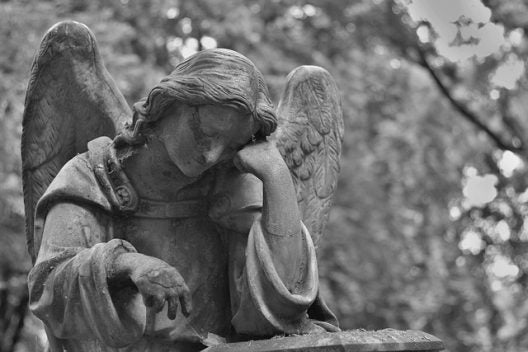Board won’t videotape meetings
Published 4:22 pm Thursday, April 6, 2017
School board members in Prince Edward voted 3-4-1 to deny a motion that would have permitted the division to videotape meetings in their entirety for the public.
Board members Dr. Wilkie Chaffin, Dr. Timothy W. Corbett Sr. and Dr. Chapman Hood Frazier voted for the motion while Beulah Womack abstained.
Following the motion, Chaffin noted his experience working in the media, saying, “My headline would be ‘school board does not want citizens to know what happened at board meetings.’”
Before the motion, Chaffin said videotaping the meetings may encourage public participation.
“I wasn’t able to get the board to do anything about the timing of meetings, but maybe this is another way to get more out to the public about what we’re doing here,” Chaffin said.
Chaffin said he thought it was an important topic and offered his own donation to the board if funding for a camera was a concern, something that Womack addressed by asking if it was legal or not.
Division Superintendent Dr. Barbara Johnson said the division had purchased a camera with money out of the technology budget to record divisionwide activities, such as graduation, that could be used for taping the board meetings.
Dr. Peter Gur, who voted against the motion, noted his concern regarded people being able to use the video to sue the school board.
Gur said if anyone was interested in the activities of the school board that they could attend a meeting.
Corbett said that videos could show meetings in their entirety to keep people from being able to edit them and cut parts.
“I wouldn’t want anyone to come in and videotape us and put out an edited version because we’re not able to save ourselves and say exactly what (we said),” Corbett said.
Board Chairman Sherry Honeycutt noted meetings are available on audio tapes.
According to the Code of Virginia, “Any person may photograph, film, record or otherwise reproduce any portion of a meeting required to be open. The public body conducting the meeting may adopt rules governing the placement and use of equipment necessary for broadcasting, photographing, filming or recording a meeting to prevent interference with the proceedings, but shall not prohibit or otherwise prevent any person from photographing, filming, recording or otherwise reproducing any portion of a meeting required to be open.”
The code cites that “no public body shall conduct a meeting required to be open in any building or facility where such recording devices are prohibited.”







